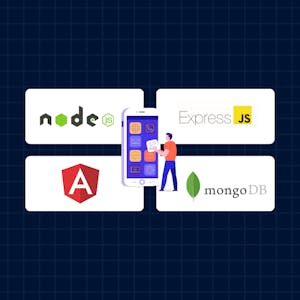Resilience Engineering and Leadership in Crisis
About this Specialization
Resilience Engineering and Leadership in Crisis examines the qualities and practices of leadership amid conditions of uncertainty, chaos, or catastrophic system breakdowns. Within the complex 21st century risk environment, critical infrastructures essential to public health, safety, and well-being are inherently vulnerable to cascading failures. The cascading effect of system failures reflects the interdependence among systems and adds to the complexity of effective resilience leadership, which may require interaction across multiple operating domains. The nature of such unknown or unanticipated threats challenge leaders to be prepared.\\n\\nThis specialization introduces resilience concepts with applications to resilience engineering and crisis leadership. The courses draw on resilience policy and contemporary literature to construct a holistic understanding of resilience as dynamic processes embedded within and among complex systems. With a focus on socio-technical systems, these courses identify processes, tools, and methods to measure or approximate their essential qualities and characteristics. They also examine how knowledge from resilience assessments can influence leadership strategies and organizational plans for navigating ongoing threat vulnerability. Case studies and current events like COVID-19, industrial accidents, and climate change will provide a context for identifying the qualities, characteristics, and practices of resilience leadership.Created by: University of Colorado Boulder

Related Online Courses
This course is intended for blockchain developers, auditors, compliance officers, CTOs, and tech executives seeking to upskill in secure contract writing, blockchain compliance, blockchain... more
In this course, you will learn to think like a data scientist and ask questions of your data. You will use interactive features in MATLAB to extract subsets of data and to compute statistics on... more
In this hands-on specialization, you\'ll learn to build interactive, scalable, and fast web applications using the MEAN stack. It consists of three comprehensive courses:\\n\\n1. Frontend... more
Introduction to Cyber Security was designed to help learners develop a deeper understanding of modern information and system protection technology and methods. The learning outcome is simple: We... more
This is a self-paced lab that takes place in the Google Cloud console. This hands-on lab shows you how to query public tables and load sample data into BigQuery using the Command Line Interface.... more








